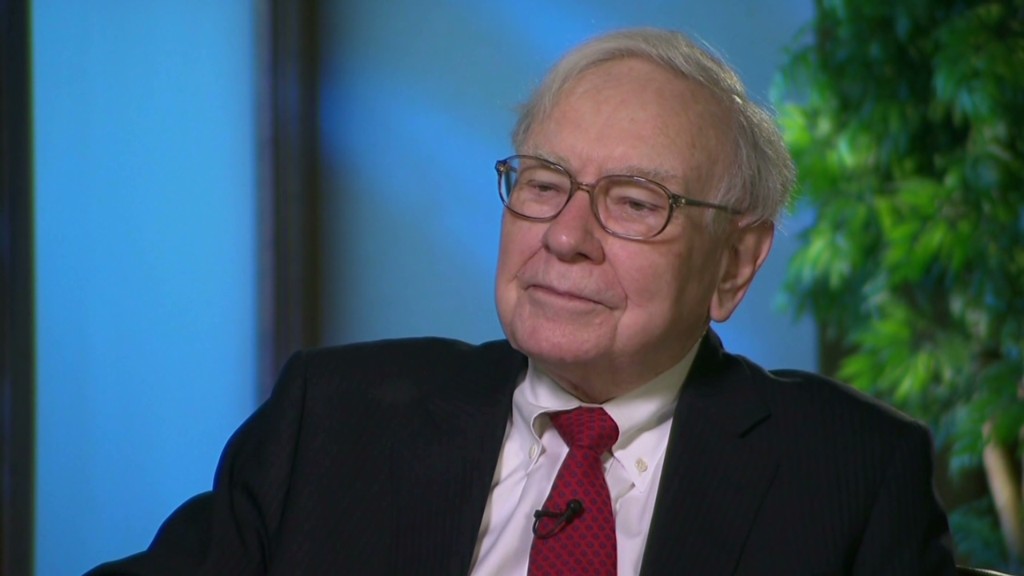
Britain is to clamp down on tax avoidance by major international companies after a parliamentary committee dubbed efforts by corporations such as Google, Amazon and Starbucks to minimize the amount they pay in the U.K. as "outrageous."
"Global companies with huge operations in the U.K. generating significant amounts of income are getting away with paying little or no corporation tax here," said lawmaker Margaret Hodge, who chairs the public accounts committee. "This is outrageous and an insult to British businesses and individuals who pay their fare share."
Executives from Google (GOOG), Amazon (AMZN) and Starbucks (SBUX) appeared before the committee last month, as it sought to illustrate the wider problem of corporate tax avoidance.
All three companies say they comply with U.K. tax laws but the pressure is beginning to tell. Starbucks said Monday it was reviewing its approach to taxes in the U.K. "We have listened to feedback from our customers and employees, and understand that to maintain and further build public trust we need to do more," Starbucks said in a statement, adding that it will release more details later in the week.
The British government is stepping up efforts to close loopholes for big companies as an economic slowdown makes it harder to meet revenue targets and in the face of criticism from voters and local businesses who say they are paying an unfair share of taxes.
Related: Buffett renews argument for millionaire's tax
The U.K will spend an additional £77 million pounds to hire more specialist inspectors and investigators in the hope of collecting £2 billion more per year from multinationals and wealthy individuals. Transfer pricing arrangements used by global firms will also come under greater scrutiny.
"The government is clear that while most taxpayers are doing their bit to help us balance the books, it is unacceptable for a minority to avoid paying their fair share, sometimes by breaking the law," finance minister George Osborne said in a statement.
Britain is borrowing more than it expected this year due to the impact of slower economic growth on revenues. It has a tax gap - the difference between tax collected and tax owed based on the letter and spirit of the law - of £32 billion.

Osborne is due to give an updated budget statement Wednesday. He will face the uncomfortable choice of abandoning his commitment to cut debt by 2015-16 or announcing further austerity measures, the Institute for Fiscal Studies said last week.
In a report published Monday, the public accounts committee said the evidence provided by Google, Amazon and Starbucks was generally "unconvincing" and drew the conclusion that multinationals were exploiting existing legislation to move offshore profits generated from activity in the U.K.
It described Starbucks' claim that it had lost money for 14 of its 15 years in the U.K. as "hard to believe".
"This was inconsistent with claims the company was making in briefings to its shareholders that the U.K. business was successful and it was making 15% profits in the U.K.," the committee said.
Related: Corporate profits hit record as wages get squeezed
The committee also criticized Amazon for being "evasive and unprepared" and said Google had undermined its position that profits should be taxed in the jurisdictions where the activity occurred by remitting non-U.S. profits to Bermuda.
Amazon, which runs its European operations from Luxembourg, said it pays all applicable taxes in every jurisdiction it operates within.
It generated some 25% of all international sales, worth about £3.35 billion, from the U.K. in 2011. Reported revenues for its U.K. subsidiary was £207 million with a tax expense of £1.8 million, the committee said in its report.
Google, which paid £6 million in corporation tax on UK revenues of £396 million, declined to comment but said last month it played by the rules and that politicians could choose to amend them if they saw the need.
Osborne also announced a new agreement with the U.S. to increase the amount of information automatically exchanged between the two countries on potentially taxable income.
